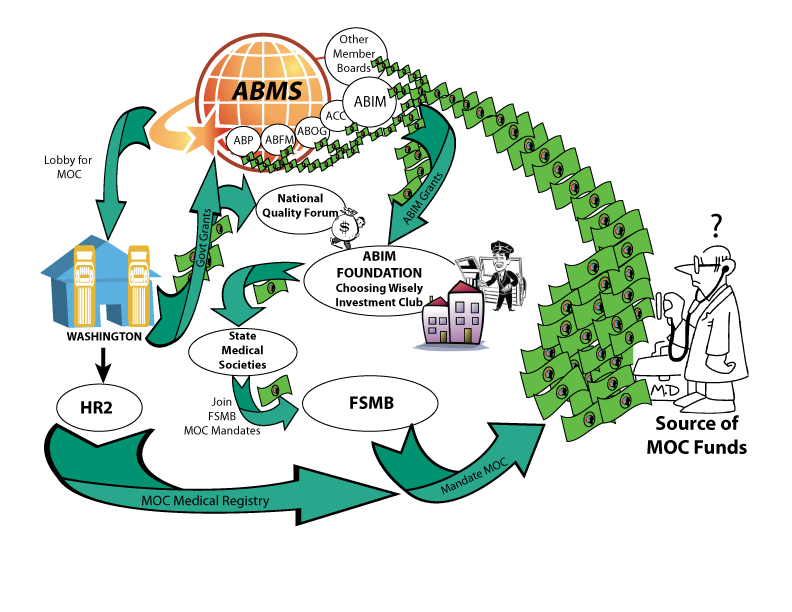“There is no teacher more discriminating or transforming than loss.”
― Pat Conroy, My Losing Season: A Memoir
On April Fools Day I received an email notifying me that I was one of 14 finalists for the National Institute for Health Care Management (NIHCM) Foundation's Digital Media Award for my work exposing the financial practices of the American Board of Internal Medicine (ABIM) and its Foundation on this blog. Hard to believe, really. Especially when I looked at the other individuals who were also selected as finalists, many of whom are veteran and highly decorated digital health care media journalists who do amazing work day in and day out. If you have a few minutes, be sure to read (or watch) each of the works nominated for this award.
Several days ago I learned that I was not selected to receive the grand prize. While I can't deny that an infusion of cash into my bank account after tax day would have been nice, just being nominated and recognized as a finalist with such other distinguished writers in this space is reward enough. (In fact, I still marvel that I was chosen as a finalist for this award in light of the fact that many of the largest insurance company executives sit on the board of the NIHCM.)
I can recall my reluctance to publish this work. The prospect of publicly labeling a national accreditation organization responsible for "certifying" one quarter of US physicians as potentially corrupt was risky. I ran the piece by other trusted colleagues before publishing who gave me phenomenal edits and suggestions. I had several lawyer friends review the piece as well. After all, I am not a person who enjoys criticizing others or exposing my family to legal risks. I also knew that there was a better-than-even chance that some senior leadership at my institution would not be pleased with the report.
Celebrated syndicated columnist David Brooks once noted that there are things we do as "resumé builders" and other things we do as "eulogy builders." Writing in medical journals builds resumés. Sadly, writing on a blog does not. While I have no doubt that winning the grand prize for this Digital Media Award would have been quite a "resumé builder" for a second chapter after medicine, that was never my motivation for this work. As a working physicians who has now endured the increasingly onerous ABMS Maintenance of Certification® (MOC®) process three times, I have seen it morph from a personal marketing tool to a mandatory and ridiculously onerous biannual money stream for a group of unknown non-clinical physicians hiding behind the thin veil of non-profit leadership hubris and avarice. Then, seeing my residents and fellows shell out large sums of money to pre-register for for MOC® before they were allowed to register for their initial certification added more concerns. Finally, the long history of money transfers between the ABIM and its Foundation, the highly conflicted evidence base with shoddy or colluding peer review that the ABIM promotes, and the subspecialty organization political funding machine that occurs as a result, led me to conclude that MOC® was always been about the money, nothing more.
So thanks to the NIHCM. Thanks to everyone who have supported me and given guidance in this endeavor. (You know who you are.) Thanks (especially) to Charles Cutler, MD whose independent yet highly professional 28-minute critique of the ABIM helped blaze the way for my essay's publication.
It will be interesting to see where this all goes.
-Wes

